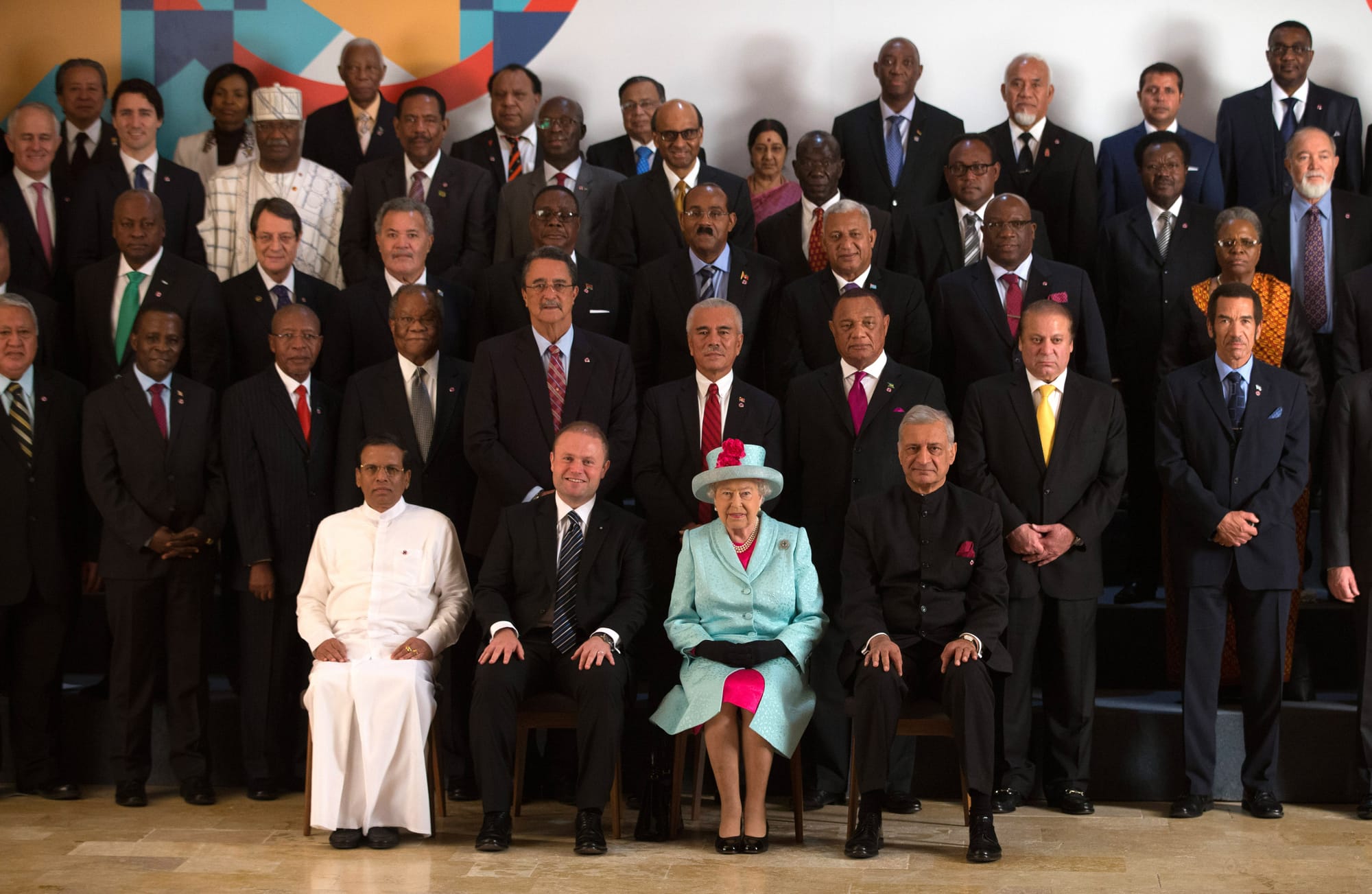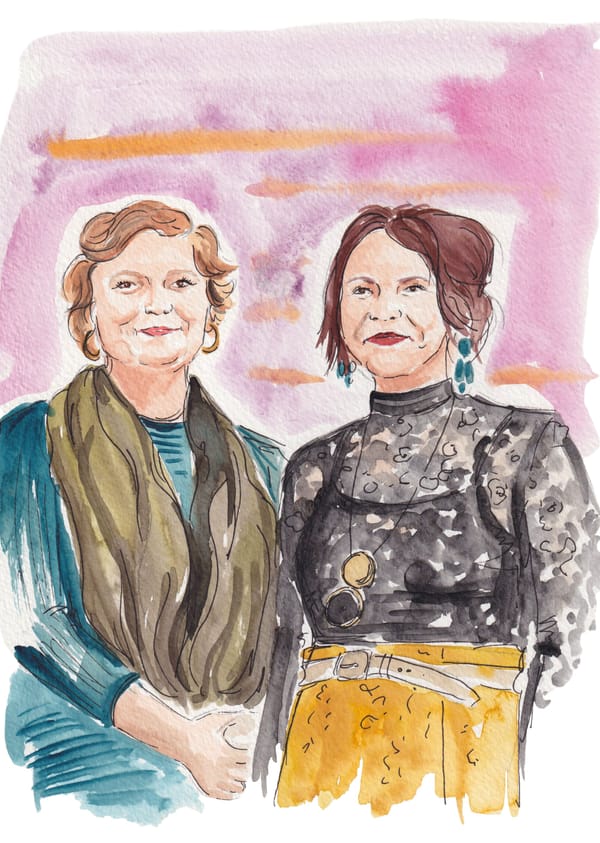Was the Queen a Feminist?
Two years after her passing, the jury's still out.

The Persistent is available as a newsletter. Sign up here to get it delivered to your inbox.
Queen Elizabeth II was famous for longer than anyone who has ever lived, a new biography of the U.K.’s late monarch points out—and it’s true. The Queen, who died two years ago, reigned for 70 years, and from the moment she was crowned until her death, she was probably the most famous—and most photographed—person on earth.
Seven decades is a long time to be in the public eye. But actually, we (the ordinary, the riff-raff, the unchosen) knew very little about her. That was by design: The Queen took her role as apolitical head of state very seriously. Her public persona—including her sensible fashion and small talk (“Have you come far?”)—was carefully curated to give away almost nothing about her personality or political preferences. That is where her genius lay: Her face may have graced banknotes, stamps and global media—but she was so distant a figure, about whom so little was known, the public could project onto her almost anything it wanted. Sweet? Charming? Funny? A terror? A tyrant?
What about a feminist?
It’s a question experts have wrangled with for years.
Olivia Colman, the actress who played the Queen in the Netflix show The Crown, called her “the ultimate feminist.” “She’s the breadwinner. She’s the one on our coins and banknotes. Prince Philip has to walk behind her. She fixed cars in the Second World War. She’s no shrinking violet,” Colman said.
Unpacking the Queen
Queen Elizabeth was born in 1926, two years before women over the age of 21 were given the vote in the U.K. She lived through several waves of feminism, but you wouldn’t find her joining a march or burning her bras—obviously.
The Queen's role demanded that she refrain from being outspoken. Because of this, she almost never said anything about the women’s movement. Perhaps the sole exception was at the 100th anniversary of the Women’s Institute, an organization of which she was a member for 80 years.
“In the modern world," she said, "the opportunities for women to give something of value to society are greater than ever, because, through their own efforts, they now play a much greater part in all areas of public life.” It's not so much a statement of view as a statement of fact.
Closed-lipped though she was, she stood out as a female figurehead in a staunchly male world; a rare pop of color in an ocean of heads of state.

Her femininity was useful, too: In moments of political tension, she could charm those who might otherwise provide a spot of bother to the British government, including the likes of Idi Amin, Robert Mugabe, Nicolae Ceausescu and even, in 2003, Vladimir Putin. (She was said to have thought Donald Trump “very rude,” and imagined, according to a recent biographer, that Trump and his wife, Melania, must have had some kind of arrangement.) She also inspired loyalty among her subjects: Upon her death, even the most notably anti-royalty among them acknowledged that for a monarch, she hadn’t been that bad, really.
Which still doesn't answer the question of what she really thought.





